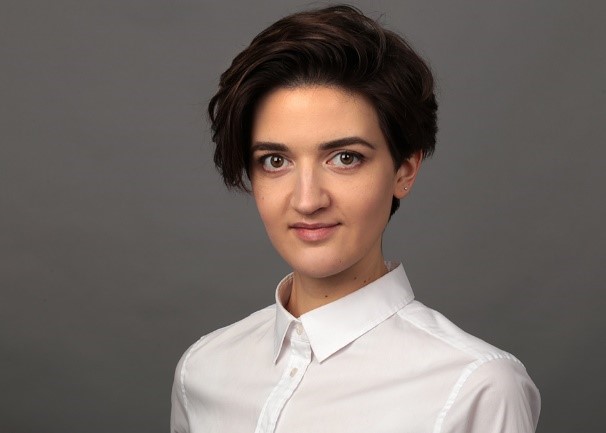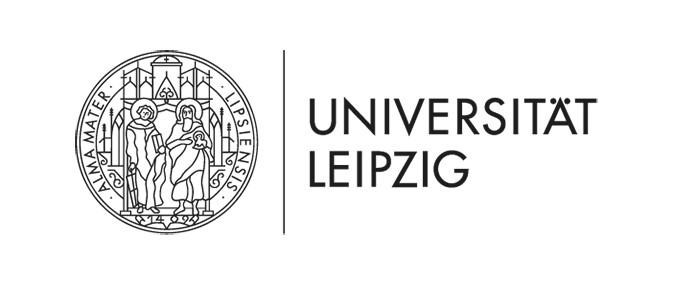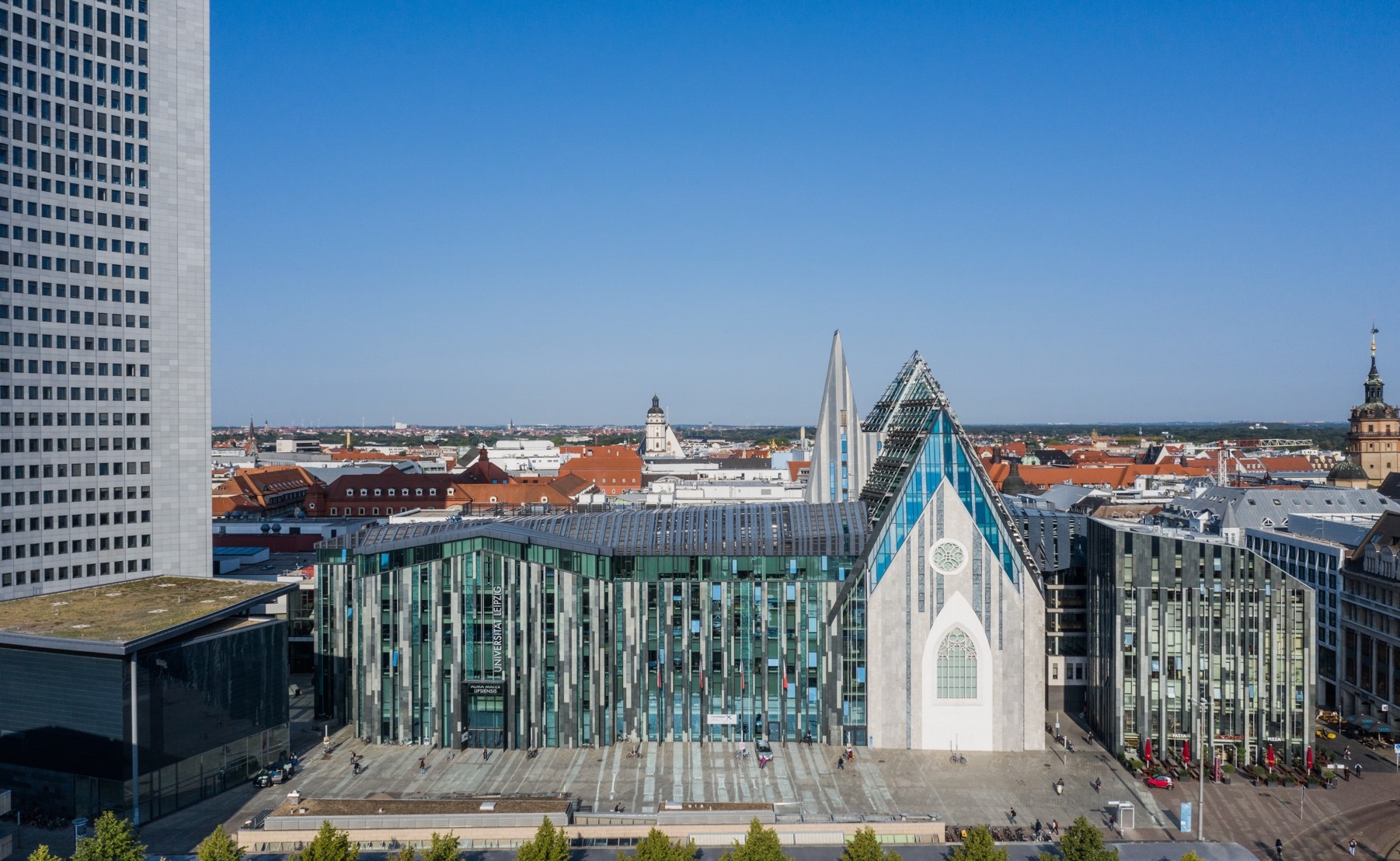Scientific advisor for the demonstration actions – Leipzig University´s first year in SPARCS
The project started with an inspiring Kick-off-Meeting on the 1st of October 2019 in Espoo, Finland. Here, we got in touch with the entire consortium from partners across Europe. In SPARCS, Leipzig University is represented by two academic disciplines – energy economics and social psychology. Dr. Hendrik Kondziella is head of the energy research group. With him are his colleagues Daria Uspenskaia and Karl Specht. The energy research group is responsible for the scientific supervision of the demonstration actions which are led by the municipal utility LSW. The frequent (online)-meetings with LSW and the housing service provider WSL became an essential part of our project routine.
Nowadays, Leipzig’s district heating system is relying entirely on coal and natural gas. Over the next decade, LSW plans to increase the share of renewable energy sources. The solar thermal plant is a cornerstone of SPARCS and also a first step on the transition pathway which has to be permanently monitored and adjusted to the technical and economic boundary conditions. For this purpose, we use the software-based modeling toolbox IRPopt (https://youtu.be/EisAy01K1JUto) to analyze Leipzig’s energy system.
As a distinct part of SPARCS, the district “Leipzig West” is transformed into a Positive Energy District (PED). The demo-district is characterized by social housing units that make up the multitude of apartment buildings. As the demo-district is made up of existing, recently retrofitted buildings, refurbishment is not a viable option. Hence, the demonstration activities are focused on the provision of solar thermal heat for those properties in the area that are connected to the heating grid. For “Leipzig West” this condition is met by seven apartment buildings with a total of about 300 tenants. As a first step, the annual heat demand of the seven residential units was used to derive an hourly load profile. Historical weather data for Leipzig has served for estimating the solar heat potential regarding the planned size of the solar thermal plant. Then, the district data is transferred to the IRPopt software to build the district energy system. The model output includes first and foremost the thermal energy flow between the implemented components in an hourly resolution for the reference case including some sensitivities. Based on the energy flow for one entire year the KPIs can be calculated which show that around 75 % of the heat demand will be covered by the solar thermal plant.
In the coming project months, we will evaluate an extension of district heating to the remaining area of “Leipzig West”. Next to that, the entire city’s district heating demand as well as additional regenerative heating solutions will be added to the model changing the structure of the demo-districts energy consumption and generation. The results of this model-based analysis will support the decision-making process of LSW and shape the future of Leipzig’s energy system.

Dr. Hendrik Kondziella, Institute for Infrastructure and Resources Management, Team lead

Daria Uspenskaia, Institute for Infrastructure and Resources Management, Energy research group

Karl Specht, Institute for Infrastructure and Resources Management, Energy research group


